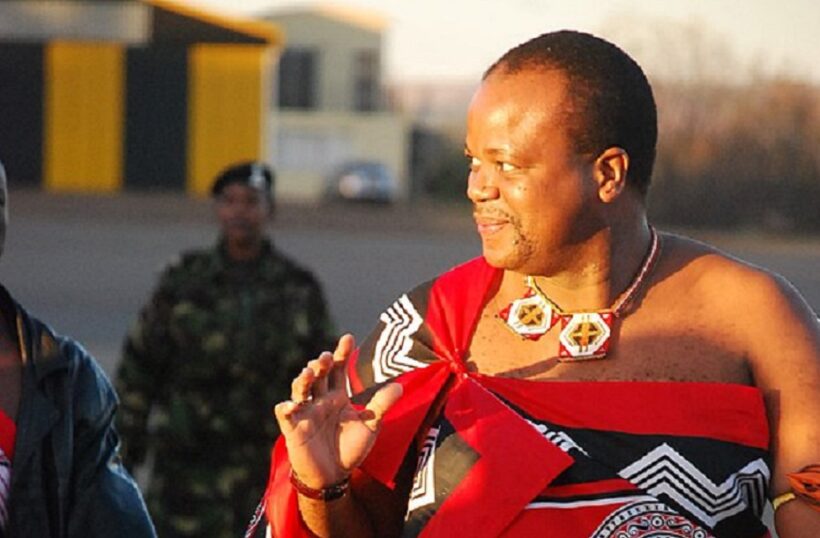On January 23rd the United Nations High Commissioner for Human Rights, Volker Türk, condemned the brutal murder of Thulani Maseko, a prominent human rights lawyer from Eswatini, gunned down at his home two days earlier.
“Thulani Maseko was a staunch human rights defender who, at great risk to himself, spoke out on behalf of many who could not do so for themselves. I offer my sincere condolences to his family, friends and colleagues. His cold-blooded murder has deprived Eswatini, southern Africa and the world of a true champion and defender of peace, democracy and human rights,” said Türk.
Maseko was the chairman of the Multi-Party Forum, an association of civil society organisations, business and trade unions, political parties, faith-based organisations and women’s organisations that advocates for a non-violent transition to multi-party democracy in Eswatini. The lawyer was also a prominent critic of the government of King Mswati III, who renamed the country in April 2018, when he celebrated his golden jubilee.
At the time of his death, Maseko was the legal representative of two parliamentarians on trial for crimes allegedly committed during the civil unrest that rocked Eswatini in 2021, says the statement released by the Office of the High Commissioner.
Meanwhile, human rights advocates have requested the immediate and unconditional release of eSwatini (formerly Kingdom of Swaziland) MPs Mduduzi Bacede Mabuza and Mthandeni Dube.
Both were arrested on 25 July 2021 following protests demanding political reforms and charged under the Suppression of Terrorism Act and for breaching Covid-19.
Protests began in June 2021 in the Kingdom of eSwatini following the mysterious death of Thabani Nkomonye, a 25-year-old law student, allegedly at the hands of police. More than 1,000 people were arrested and security forces were used to crack down on dissent. More than 70 non-violent demonstrators were reportedly killed in the following days.
In October of that year, more than 10,000 non-violent protesters marched on the US embassy requesting support, followed by a total shutdown of the Internet to prevent coordination of the demonstrations.
Three days later (18/10), according to the chronology of events published by Amnesty International, protests broke out again across the country and were met with disproportionate force. The death toll exceeded 80.
South African media, for their part, subsequently reported on the increasing level of violence in eSwatini, reporting threats, arrests and torture of journalists.
The human rights landscape in one of Africa’s last remaining monarchies remains preoccupying.






